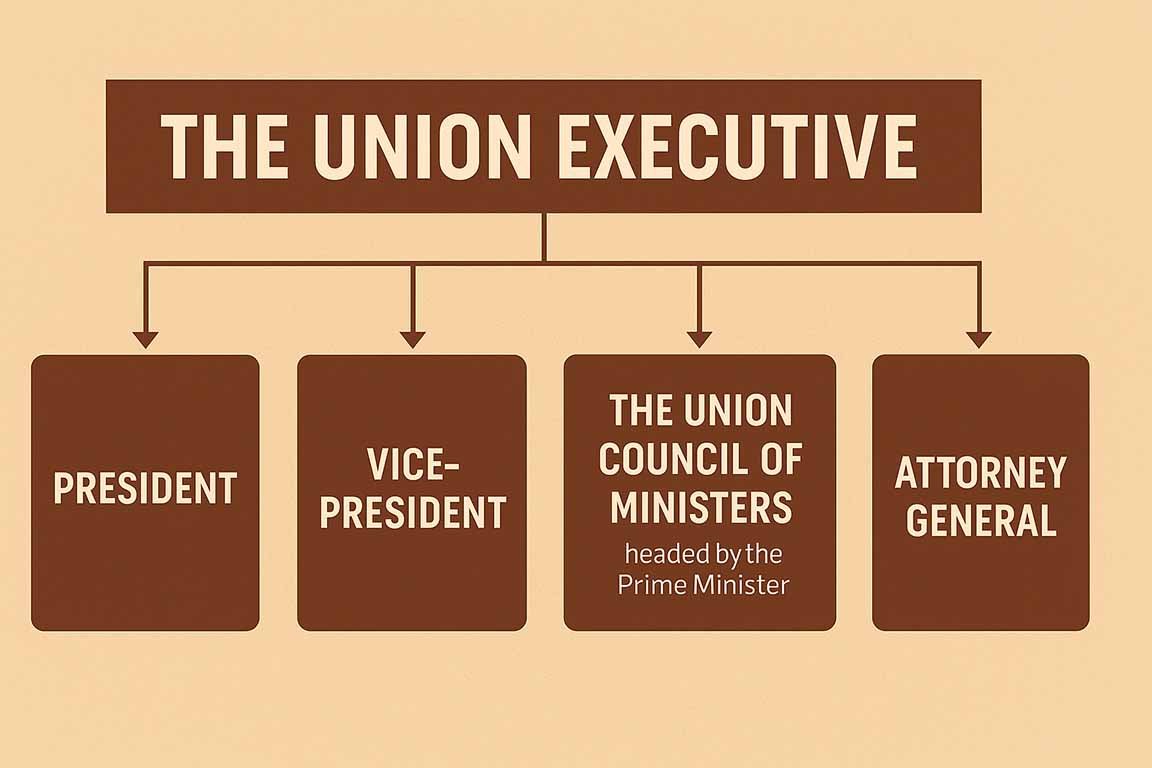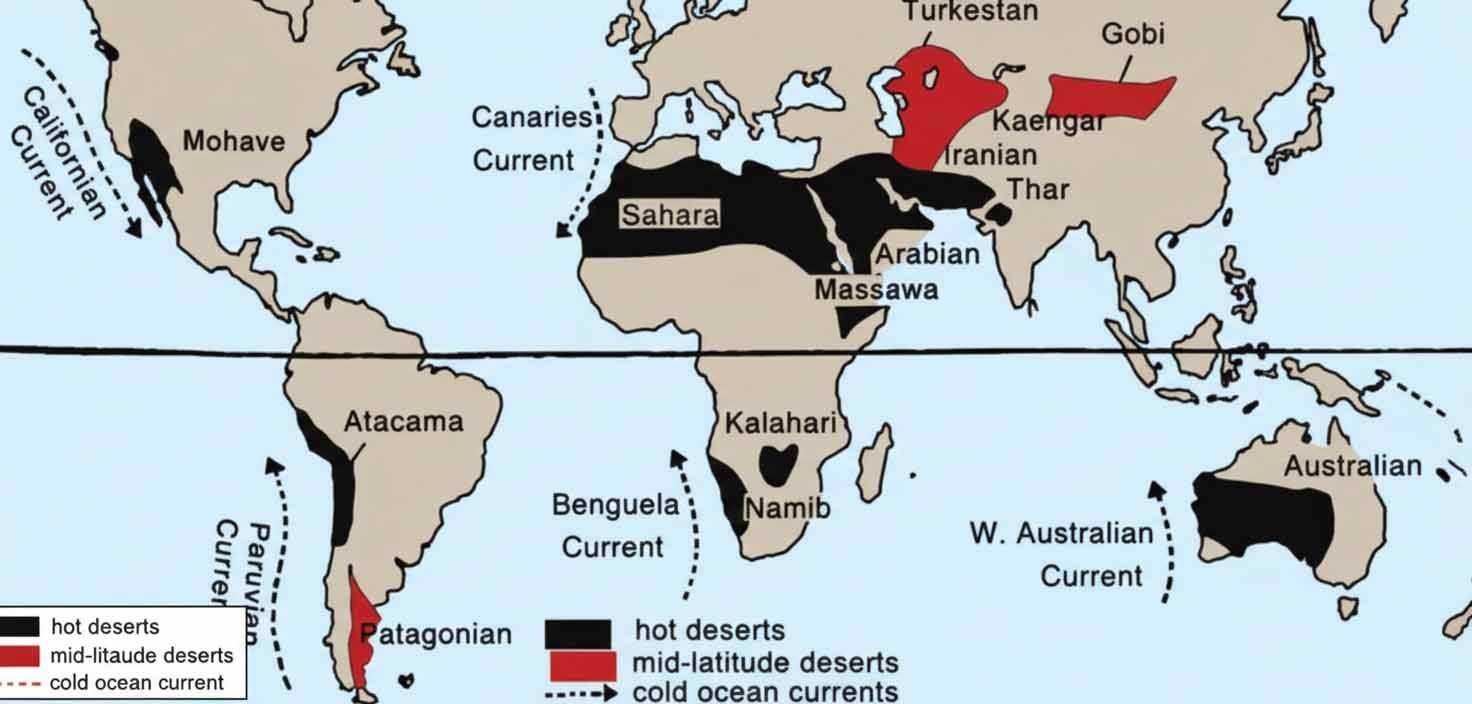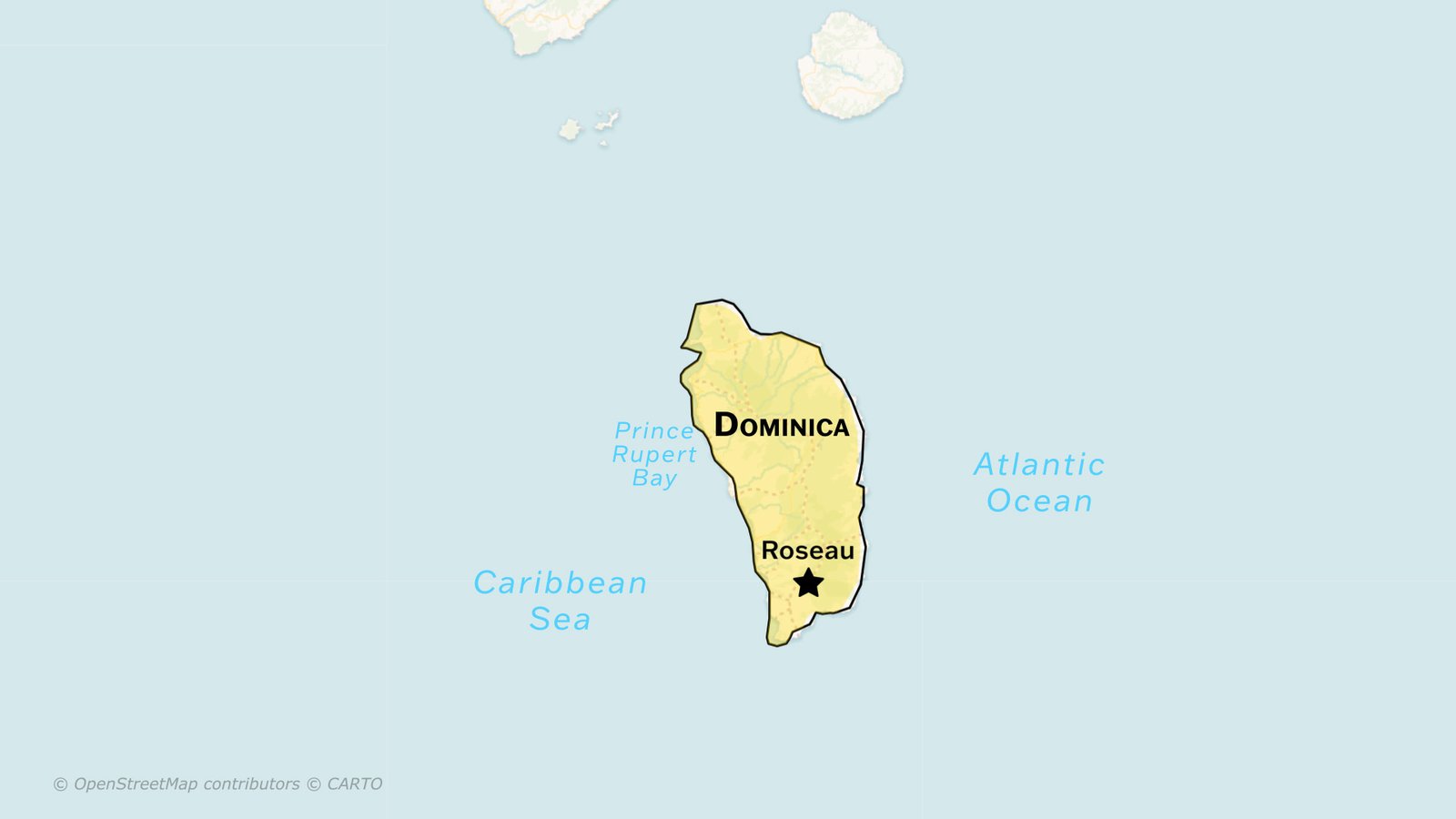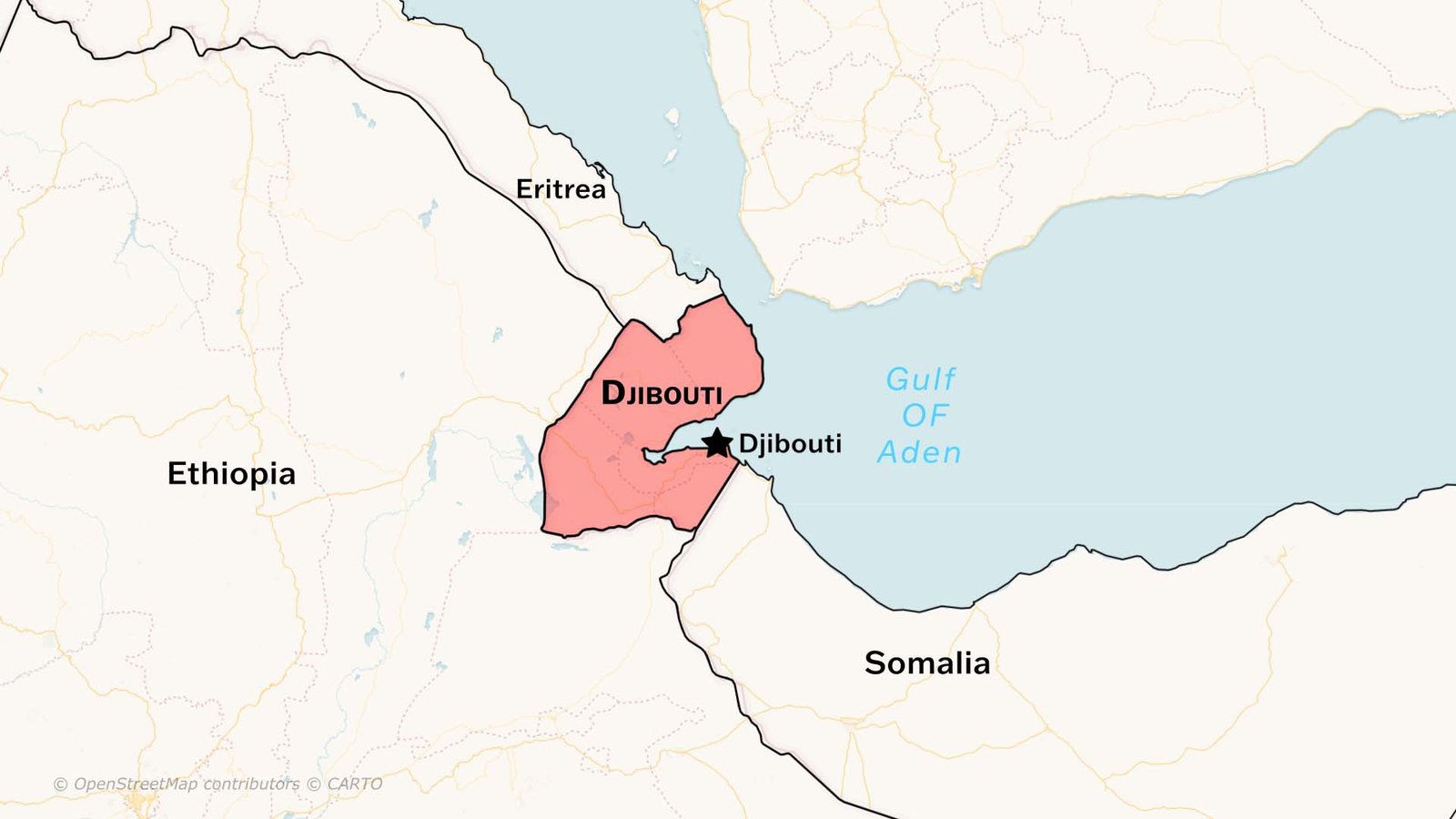The Union Executive includes
- The President
- Vice-president
- The Union Council of Ministers, headed by the Prime Minister
- Attorney General.
The Supreme Court defined executive power as the residue of government functions after legislative and judicial functions are taken away.
The executive function includes maintenance of law and order, safeguarding the security of the country, carrying out day-to-day administration, formulating policy including preparation of the budget, initiating legislation for the administration of the country and determination of foreign policy.
Union Executive in India – The President
Under Article 52 there SHALL be a President of India. Shall means the post shall never lie vacant and the post cannot be abolished.
Article 53 vests the executive power of the union in the hands of the President who shall discharge his executive function either directly or through officers subordinate to him but in accordance with the Constitution. Officers subordinate to him include ministers, civil servants, personnel of the armed forces etc.
The president is the head of the union executive and also the head of the state, he is the supreme commander of armed forces, and he alone has the power to declare war or peace. He is the first citizen of India. He is the highest constitutional dignitary in the country he always comes first in the warrant of precedence issued by the state
Article 54 → Election of the President
- Elected indirectly by people. He is elected indirectly by an electoral college consisting of
- all elected members of both houses of parliament
- all elected members of th STATES LA
- After 70th CAA 1992 – expression states include the UTs of Delhi and Puducherry as well (Councils will not participate) which started participating in the election of President from 1997.
- The 12 nominated members of Rajya Sabha, nominated Anglo-Indian members of Lok Sabha and one nominated member of the Anglo-Indian community in LA and all members of the legislative council DO NOT PARTICIPATE in the election of the President.
The constitution provides for the system of proportional representation by means of the Single Transferable Vote for the election of the president the election is by secret ballot. This system has been adopted from Ireland. Proportional representation for purpose of election of the President means that the states are represented in the electoral college of the president in proportion to their population and thus it is to ensure proper representation of states in the electoral college of the president. this is ensured by Article 54 by providing the following formula to work out the value of the vote of MLA.
- Value of vote of MLA of a State = Population of that State as per 1971 census / Total no of elected MLA of that state
Proportional representation also means that the Parliament on one hand and States on the other are equally represented in the electoral college of the President this is to symbolize that the President is not only the head of the union executive but also the head of the state. The President represents the state at the Union level to ensure this equality between the Parliament and the states, Article 54 provides for the following formula
- Value of vote of MP = Total Value of Votes of all the MLAs/ Total no of elected MPs
The fixed value of each vote by an MP of the Rajya Sabha and the Lok Sabha is 700 (2022)
Single Transferable Vote
- This system is followed in the election of the President, Vice President, and members of the Rajya Sabha and Legislative Council.
- Under this system, a candidate is declared elected on the basis of the majority principle of votes. The candidate has to get more than 50% of valid votes to be declared elected.
- Further, electors have the right to indicate more than one preference for the candidate and electors can indicate as many preferences as there are candidates in the context.
- However, it is not mandatory for him to indicate all his preferences
- In the first round of counting only first preference votes are considered and if the candidate obtains 50% of more than valid votes he is declared the winner. If not then the candidate with the least number of first preferences vote is eliminated and the second preference of his votes are distributed among the rest of the candidates and the majority is calculated in case of no clear majority process continues till the candidate wins.
- So far Dr VV Giri was declared elected at the end of the second round of counting in the 1969 presidential election 1977 presidential election Dr Sanjeeva Reddy was declared elected unopposed in all other presidential elections victorious candidate was identified at the end of the first round of Counting itself.
States on one hand and parliament on the other are equally represented in the electoral college this means that the president represents the nation and also states at the federal level.
- Whip is not binding on the electors in case of the election of the President.
- Secretary General LS Secretary General RS are ex officio returning officer for presidential and vice presidential election. Nomination paper of the presidential candidate shall be proposed by not less than 50 electors and shall be seconded by not less than 50 electors.
- Disputes related to presidential elections shall be heard by SC only whose decision will be final and binding.
- If in case election to The president declared void the decision taken in his name prior to that shall not be held valid.
Under Article 71 all the disputes related to the election of the president shall be heard and resolved by Supreme Court whose decision is final and Binding in this regard under the President and Vice president election act 1952 the presidential election dispute petition can be filed before Supreme Court either by a member of electoral college of president of the candidate who contested the election after 11th Constitutional Amendment Act of 1961, the existing vacancies in electoral college of the president for whatever reasons cannot be a ground for invalidating election of the president is a Legislative Assembly stands dissolved under article 356 then the whole state maybe unrepresented in the electoral college of the president election are held and cannot be a ground for invalidating election of the president is Supreme Court declared election of the president has invalid whatever that had been taken in name of the President before his election was in validated shall continue to be valid
Timing of the presidential election
Under Article 62 an election to fill a vacancy caused by expiry of term of president shall be held before completion of 5 year turn off the president. If an election is to be held to fill a vacancy caused by death,resignation of impeachment of president then the election shall be held as early as possible and in any case in a period of not more than 6 month from date of arousing the vacancy
If the office of the President Falls back pain before expiry of 5 year term then the vice president shall act as president of India however if the candidate elected as president is not able to enter the office by taking his oath then the incumbent president shall continue in his office beyond normal file your term till his successor is able to enter upon the office.
Qualifications
- He must be a citizen of India
- Should not be less than 35 years old
- Qualified to be MP Lok Sabha
- No office of profit → Must not hold any office of profit under the government of India However for the purpose of elections of the president, office of the president, vice president, governor, minister of union are not regarded as office of profit
- If President is MP of either house or member of state legislature he is deemed to have vacated his seat in that office before entering that office.
Term of the President
Article 56 of the Indian Constitution says that the President shall hold office for a term of five years from the date he takes up his post. He may resign from his office by writing his resignation to the Vice-President of India. But, he will continue to hold his office, in spite of tendering his resignation, until his successor takes up his office. And, before his office gets vacated, an election should be held for the same.
- The Vice-President acts as his substitute in case his office falls vacant on the grounds of his death, resignation or impeachment or otherwise. Such a vacancy should be filled by an election necessarily taking place within six months of his office falling vacant.t and oath is administered by the CJI
- President can resign by addressing to the VP.
President and Vice President Election act of 1952
- Nomination subscribed by 50 electors and seconded by 50 letters to keep out frivolous candidate.
- 15000 security deposit
Impeachment of the President
| IMPEACHMENT | REMOVAL |
| Legislative Action | Executive Action |
| Very formal procedure, tough and strict | May or may not be formal (VP is removed by very formal process so it is not called impeachment |
- Under Article 61 the President is impeached by the parliament on the grounds of the violation of the Constitution. But constitution does not describes what actions of the president accounts to violation of the constitution it is therefore political determination to be made by the parliament
- Motion seeking the impeachment shall be introduced in the form of resolution brought in either house of the parliament by to be introduced the resolution must be supported by not less than 1/4th of the total membership of the house.
- The resolution can now be taken up for passage only after the expiry of 14 days notice served on the president and motion is passed by the majority of not less than 2/3rd of the total membership of the house once it is passed in the house the motion is transmitted to the other house which acts as investigating house. The second house investigate the charges against the president or may cause the charges to be investigated.
- The President has right to be defend himself or through an attorney of his choice in the second house.
- The functions performed by the second house are quasi judicial in nature after investigation if the second house also passes the resolution by the majority of not less than 2/3rd of the total membership of the house then the President stands impeached. There can be judicial review of the impeachment.
Assent of the President to the Legislation
All the bills passed by the Parliament shall have to get the assent of president in order to become acts. In this regard the president enjoy some discretionary powers where he can apply his veto power which is defined as the power of chief executive of country to prevent legislation either permanently ot temporarily from becoming an act
- Under Article 368 of the Constitution when a Constitutional Amendment Bill is presented to the president for his assent he has no choice but to declare that he is giving assent to bill does the president does not enjoy any Veto power.
- In case of a money bill under the constitution when it is presented to the president he enjoys the power to give assent or withold the assent. When he declared that he with hold the assent it is called as application of absolute Veto since the president is only a nominal head the president cannot apply absolute Veto on any bill without aid and advice of council of minister. When he applies absolute Veto the bill comes to an end. Under the convention established in England which applies in India also when a money bill is presented to the president he shall declared that he has given assent to bill
- In case of an ordinary bill or a financial bill that is presented to him for his assent he may declare that he gives assent to bill he may declared that he withholds assent to bill however he can apply this absolute Veto only on advice of council of minister example president Rajendra Prasad applied absolute Veto on advice of council of minister on the pepsu appropriation bill 1954 which was a financial bill. The third option available to the president in case of an ordinary or financial bill is to send it for reconsideration of parliament with or without his suggestions this action is called suspensive Veto which he applies on his discretion without any add or advice of Council of Ministers however if the Parliament passes the bill for second time in the modified for original form and when it is represented to the president for his assent he shall give his assent he cannot apply any kind of Veto on the bill for second time. President Abdul Kalam applied suspensive Veto on MP disqualification Amendment Bill 2006 he gave assent to the bill when it was passed by Parliament for the second time and represented to him for his assent.
IV option available to the president is that he neither declares his assent to bill not declared that he withholds assent no he sent it for reconsideration of the Parliament but allows the bill to lie on his table for an indefinite period without taking any decision on the bill this act of the president is called pocket Veto which he applies on his discretion example when president Chelsea applied pocket Veto over the Indian post office bill in 1986 the pocket way to applied on a bill by president can be reserved by his successor who can take any decision on it.
| ASSENT | ABSOLUTE VETO | SUSPENSIVE VETO | POCKET VETO | |
| CONSTITUTIONALAMENDMENT BILL | Has to give the assent | No veto power | No | No |
| MONEY BILL | Gives assent and it becomes act | Absolute Veto but on aid and CoM. Bill comes to an end. | No | No |
| ORDINARY AND FINANCIAL BILL | Gives assent and bill becomes act | Absolute Veto but on aid and CoM. Bill comes to an end. | Given for reconsideration of Parliament, if returned he has to pass it. | Allow the bill to lie on the table without his assent indefinitely |
Summary → In case of finacnial and ordinary bill he has 4 options
- He may give assent and bill becomes act
- He may declare that he withholds the assent to the bill i.e. Absolute Veto. Cannot apply absolute veto on his discretion but only on the advice of CoM.
- He may refer the bill back to the parliament for its reconsideration with or without suggestions this is suspensive veto. But if the parliament passes it with original or modified form then president shall give his assent.
- President may even allow the bill to lie on the table without his assent which is called pocket veto.
Article 53 confers the executive power of the union in the hands of the President who shall discharge his executive functions in accordance with the provisions of the constitution.
The Supreme Court in Ram Jawaya vs State of Punjab 1955 case and also in Shamsher Singh vs State of Punjab 1974 case clarified the constitutional position of the President by stating that the Constitution envisage a Parliamentary form of government in which the head of state is not the head of government. It is the PM who is the head of government and the real executive powers are vested in the CoM, and the CoM is collectively responsible to Lok Sabha.
The cardinal principles of the Parliamentary form of Government are
- The head of state is not the real executive
- The real executive powers are vested in the Council of Ministers headed by the Prime Minister who is collectively responsible to lower house
- The members of CoM are drawn from the Parliament
On the basis of the above principle and the convention established in the UK, the supreme court ruled that Article 53 shall always be read with Article 74 of the constitution which states that there shall be a CoM headed by the Prime Minister to aid and advise the President hence the President is bound to act on the advice of the CoM as long as CoM enjoys the confidence of Lok Sabha.
The President can not do anything without the advice of the CoM nor he can do anything against the advice of the CoM. He is virtually bound by the advice of the CoM, the only body that has been enacted under the constitution to advise the President is the CoM and the only function that is assigned to the CoM is to aid and advise the president. Therefore the advice given by CoM is not superfluous and shall be taken seriously. Moreover, it is the CoM that represents the mandate of people expressed in general elections.
Article 87: President’s Address
In UN Rao versus Indira Gandhi 1971 case the SC stated that the President can not exist and exercise his executive functions in absence of a CoM even when the Lok Sabha stands dissolved he shall have a CoM to aid and advise him U/A 74. The expression “there shall be a CoM” makes it imperative for the President to always have a CoM even in a caretaker capacity, to aid and advise him
As Dr Ambedkar explained in the Constituent Assembly, the position of Indian President is similar to that of king or queen under the English constitution. The Queen in England reigns but does not rule the country. Similarly, the President in India represents the country but does not rule the country even though the Constitution casts CoM in the role of advice to the President in actual practice it is the President who has been cast in the role of advice to the CoM. His office is largely ceremonial but not functional his office is more or less a symbol, through the decision of CoM is made known to the country therefore, the President is merely a constitutional head and not the real executive.
ARTICLE 74 AND THE 42nd + 44th CAA
Article 74 in its original form provided that there shall be CoM headed by the PM to aid and advise the President but the original form did not state whether the President was bound by such advice.
However on the basis of the convention established in the UK the SC judicially established that such advice of the CoM was binding on the President.
The 42nd CAA 1976 amended Article 74 and inserted the following expression who shall act in accordance with such advice thus at present the President is constitutionally obliged to act according to the advice of the CoM.
The 44th Constitutional Amendment Act of 1978 amended Article 74 once more and introduced an explanation provision that states provided the President may refer the advice of the CoM for its reconsideration either generally or otherwise and the President shall act in accordance with the advice given after such reconsideration.
THE DISCRETIONARY POWERS OF THE PRESIDENT
The Constitution nowhere explicitly confers discretionary power on the President. However, both under the constitution and under the convention established in England, the President enjoys situational discretion powers under the following circumstances
- Article 74 → He may send advice to CoM for reconsideration once.
- Article 78 → The President enjoys the right to be informed about the affairs of the administration of the country including the proposed legislature. If he is not informed properly, he has the discretion to seek specific information relating to the administration of the country from the PM.
- Under the convention established in the UK, the President enjoys the right to warn and the right to encourage the CoM. Though CoM is not bound by such a warning and encouragement.
- The president can apply a suspensive veto on an ordinary or financial bill that is submitted to him for his assent.
- Similarly, he can apply pocket Veto at his discretion on an ordinary or financial bill
- When no political party or coalition of political parties enjoy a majority in Lok Sabha, the president under a convention established in India is obliged to invite the leader of the largest coalition formed before the election to form the next government. If he declines to form the government the president may enjoy some discretionary power in the formation of the next government.
- If a decision taken by an individual minister is not placed before the cabinet for its collective consideration then the President under article 78(c) may refer- the individual decision of the minister for collective consideration of the cabinet.
- Summoning of the house of Parliament → Under Article 85 the President shall summon the house of Parliament in such a way that not more than 6 months lapse between two sessions of Parliament, normally the president summons the House on the advice of CoM, if he is not advised properly by CoM- in this regard then under Article 85, he summons the house of parliament in his discretion to fill the constitutional requirement.
- Article 78 (c) → Under Article 78 (c) the president can refer the individual decision of the minister for the collective consideration of the CoM for enforcing the collective responsibility of the CoM in LS.
- A caretaker government, since it does not enjoy the confidence of the Lok Sabha, is not supposed to take important policy decisions. It is to run only the day-to-day administration of the country in such a situation, it is for the President to decide which decisions of the government are necessary for the day-to-day administration of the country.
- In Viplov Sharma vs Union of India 2004 case, the Supreme Court stated that the President cannot dissolve the Lok Sabha without the aid and advice of the CoM if the CoM enjoys the confidence of LS. On the other hand, the President is obliged to dissolve the Lok Sabha when CoM has lost confidence in the Lok Sabha, the President may or may not dissolve it. He may explore the possibilities of forming an alternative government
From the above circumstances, we can conclude that the presidential office is largely ceremonial but under extraordinary circumstances his office becomes functional. Thus the President is a constitutional head, not a figurehead (puppet, head without real power). His position is such that he largely remains in the background and does not become functional unless circumstances demand so. His most important function is the appointment of PM.
Article 123 → Ordinance-Making Power of the President
Enables the smooth functioning of govt in rapidly changing environment. It is the legislative power coextensive and coterminous with legislative power of the parliament therefore has the same force as act of the parliament it is used when one or both the houses of the parliament are not in session and the issue requires immediate legislation ordinance can be used to issue a new legislation or to amend or repeal already issued ordinance.
Safeguards to check misuse of the Ordinance
- Ordinance is subject to JR
- SC held that the satisfaction of the President can be questioned
- Ordinance needs to be approved by both the houses within six weeks of the reassembly.
- Ordinance making power is in practice of CoM
Article 72 → Pardoning Power of the President
- Pardon → Completely absolves the offender from all punishment and conviction.
- Reprieve → Temporary stay on execution of sentence.
- Respite → Awarding a lesser punishment on special grounds.
- Remission → Reduce the length of the sentence without changing its character.
- Commutation → Substitution of one form of punishment for another, which is lighter.
- Only the president can pardon death or court-martial sentence, not the governor.
- Power under Article 72 are executive power and not judicial power of the President.
- President is not a court of appeal under Article 72 and may also deny taking an appeal.







